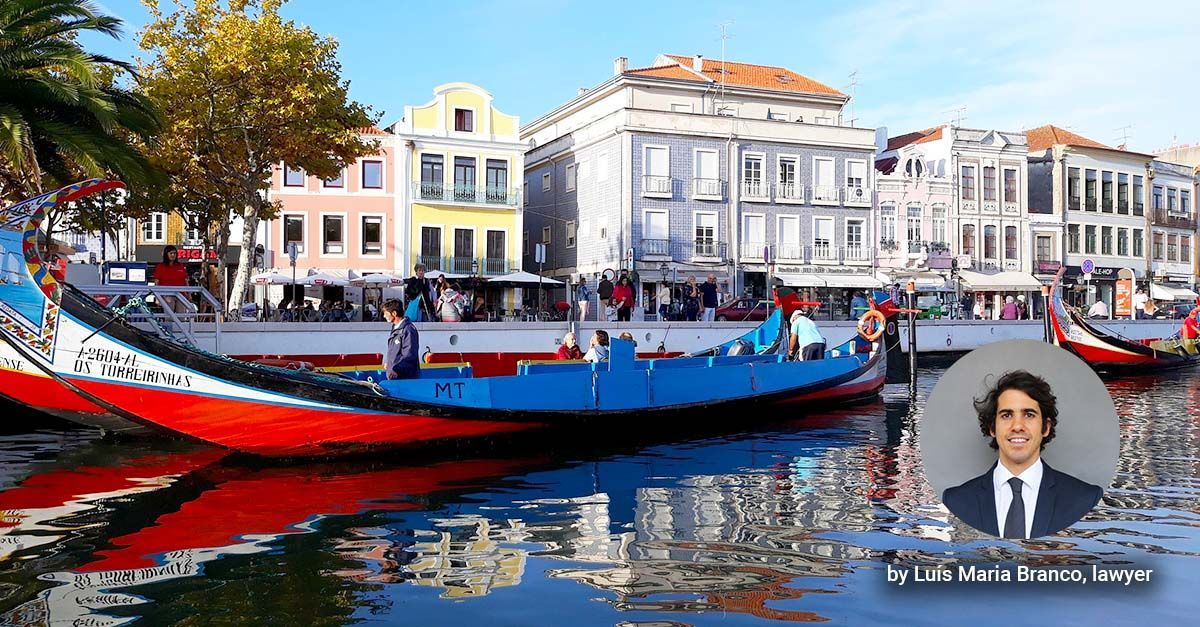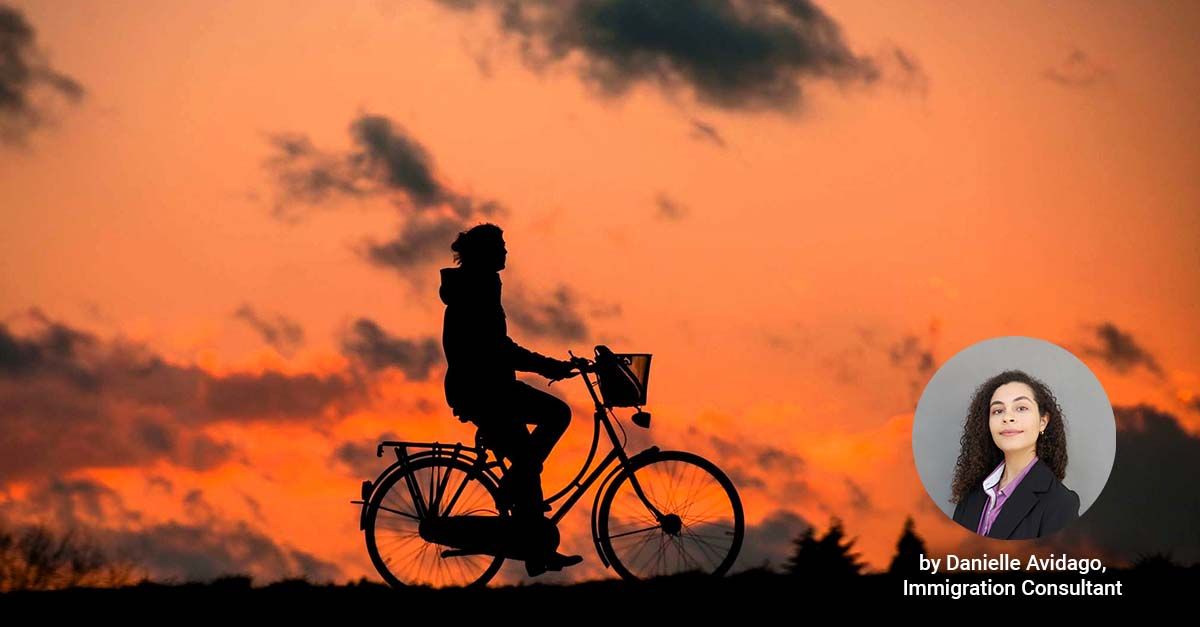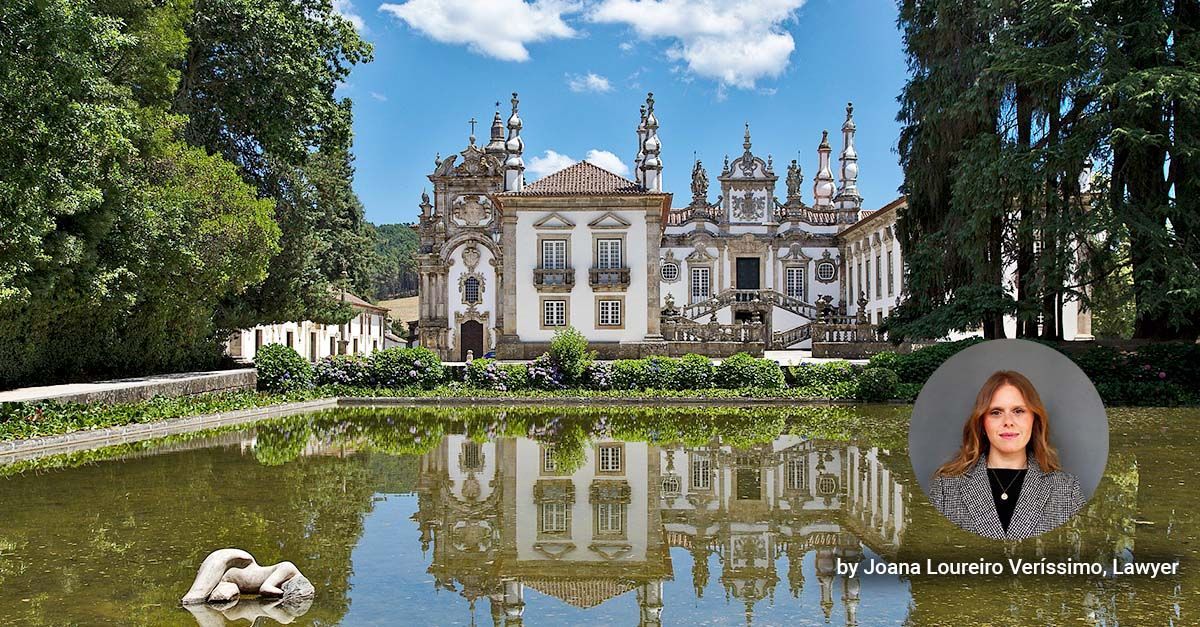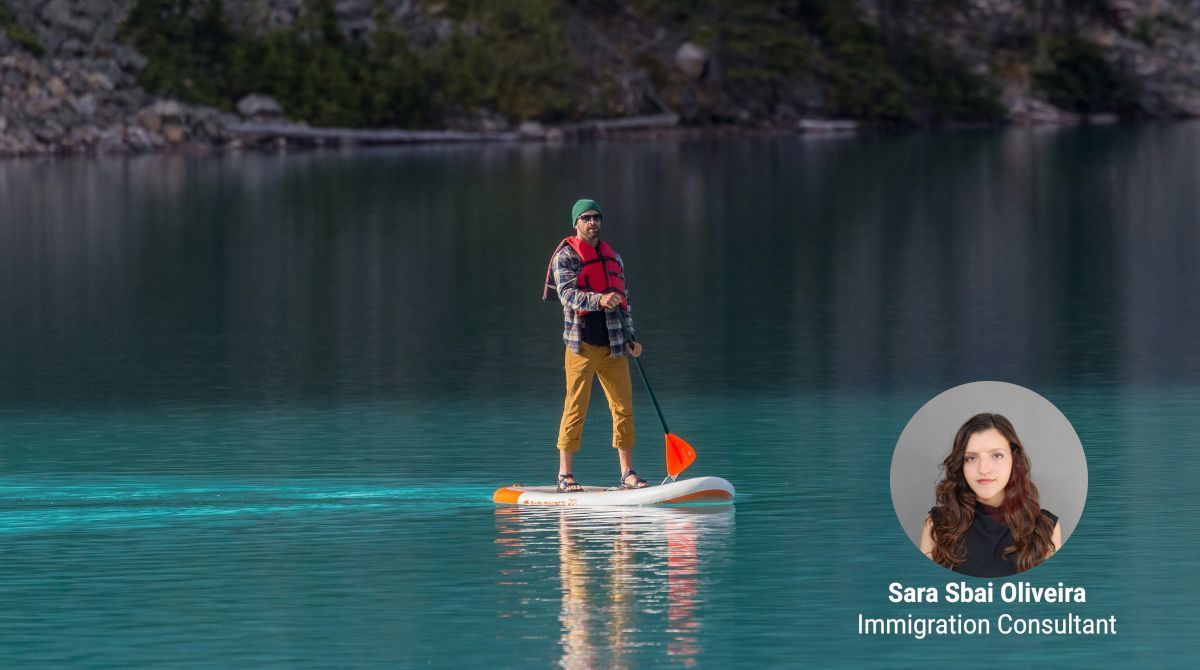2022: Year in Review
As 2022 draws to a close, we look back at some of the highlights we brought to you over the past 12 months, looking forward for 2023.
In a year marked by the return to new normality, after a 2021 plagued by the pandemic, António Costa was re-elected, with an absolute majority, as prime minister. The price of fuel reached record values, the war between Russia and Ukraine began bringing back a cruel reality that meant a huge set back in political, financial, economic terms and above all an enormous humanitarian shock.
The growth projections made by the European Commission for Portugal were very favourable and Portugal was ranked as one of the best places to live as it offers a highly attractive and charming lifestyle, excellent weather, security, and hospitality.
It is undeniable the increased number of foreigners interested in relocating to the country. The cool lifestyle, tax benefits and the possibility for non-EU citizens to acquire Portuguese citizenship in a short period of time is a key factor for the number of residency requests that grows every year.
2022 started with the changes to the Golden Visa program that came into effect on January 1st, allowing the purchase of properties for residential purposes in Portugal only in the low-density and less populated areas, and on the islands of Madeira and Azores. However, there was no change in the areas allowed for non-residential properties that remained opened to the entire country.
According to the 2022 Annual Global Retirement Index from International Living, Portugal is among the World’s Best Places to Retire, coming 4th on the top 10 ranking.
Lisbon was appointed as the best location to live for business executives who travel frequently and work remotely, according to Savills, a London-based real estate company. The firm’s 2022 report, the Savills Executive Nomad Index, ranked 15 popular destinations around the world based on 5 factors: climates, quality of life, connections to international air travel, internet speed, and prime rental prices.
According to Sifted - a media site about in-depth reporting on Start-up Europe, Madeira and Lagos made it to the top five places for digital nomads, while Lisbon and Porto also made it to the top ten in the Nomad list ranking.
New rules were enforced for the acquisition of Portuguese nationality, through naturalization, granted to descendants of Portuguese Sephardic Jews, according to the regulation implemented by the Law Decree number 26/2022 of 18the March, which introduced relevant changes added to all the previous requirements. These rules entered into force on 1st September 2022.
According to the Expat Insider 2022 Survey, Portugal ranked 4th in the Quality of Life Index: Expats move to Portugal looking for a better quality of life and that is the most common reason for relocating to the country. Other factors are the climate and the good weather, the air quality, good leisure option and opportunities for recreational sports. Portugal stood out in 4th place out of 52 destinations, as the world’s best country for Expats who mainly “enjoy the high quality of life, find it easy to settle in, and are happy with their personal finances in Portugal”.
The Portuguese Parliament approved a new legal regime for foreigners in Portugal, in which the concession of residence and temporary stay visas to citizens from a CPLP member state no longer depends on the previous endorsement from the SEF. With this diploma, the Portuguese Government established “procedures that allow attracting a regulated and integrated immigration for the development of the country, change the way public administration relates with immigrants and guarantee conditions for the integration of immigrants.”
On August 1st, Decree-Law No. 46/2022 of July 12th came into force with the aim of easing the requisition for validation of foreign driving licences. Therefore, people from Member States of the Community of Portuguese-Speaking Countries (CPLP) and the Organization for Economic Cooperation and Development (OECD) no longer need to exchange their driving licences for a Portuguese document, thus increasing the mobility between these countries. This measure covered citizens of 18 countries: Angola, Australia, Brazil, Cape Verde, Canada, Chile, United States of America, Iceland, Israel, Japan, Mozambique, New Zealand, United Kingdom, Republic of Korea, São Tome and Principe, Switzerland, and Turkey.
During 2022, more Americans relocated to Portugal, which repeatedly appeared at the top of most lists of places recommended for expats and retired people that want to enjoy a good life, and the Portugal Golden Visa program is one of the most popular in the world. The number of Americans living in the country rose 45% in 2021 from the previous year, according to SEF – The Portuguese Immigration and Border Service.
A vast majority of Americans relocating to Portugal are looking for a slower pace of life, a greater connection with the local community and the lower cost of living offered by the sunniest country in Europe. Many of them are retired or work remotely, have more purchasing power and are seeking a greater quality of life without the high costs.
On 25th of August, a new law was published introducing alterations to the main diploma applicable to Immigration matters in Portugal. The main goal of Law Nr. 18/2022 was to implement simplified measures to obtain visas to enter Portugal and, it has also created new categories of visas: Residence Visa for work and the “work search” Visa. This new law also brought more regulation to a reality that in recent years has proliferated: the “digital nomadism”.
The Portuguese Digital Nomad Visa, which came into effect on October 30, 2022, allows the holder to legally work remotely from Portugal and, it is presented in two different types, depending on how long the applicant plans to stay in Portugal: Temporary Stay Visa and Residence Visa. One of the most attractive aspects of moving to Portugal with these Visas is that, after 5 years living in the country, one can apply for Portuguese Citizenship. Once a resident in Portugal, Digital Nomads can benefit from the Non-Habitual Resident Tax Regime.
There is a new wave of expats, digital nomads, entrepreneurs, high net-worth individuals settling in Portugal in search of a better quality of life and there are plenty of good reasons for choosing to live in the country, including the excellent climate, friendly people, superb food, delightful cities, and beautiful countryside, not to mention the quality of life, public safety and great services in general. According to SEF – The Immigration and Border Service, the number of foreign citizens living in Portugal is about 7% of the population in 2021.
There is a whole world to explore and there are numerous options for expats to relocate, however Portugal is definitely on the radar for foreign nationals.
As we close out the year, we are grateful for the opportunity to serve our clients and make a positive difference in their lives. Looking ahead to 2023, we remain committed to providing assistance with any Immigration and Tax matters for an easy-going experience for those intending to move and live in Portugal.











